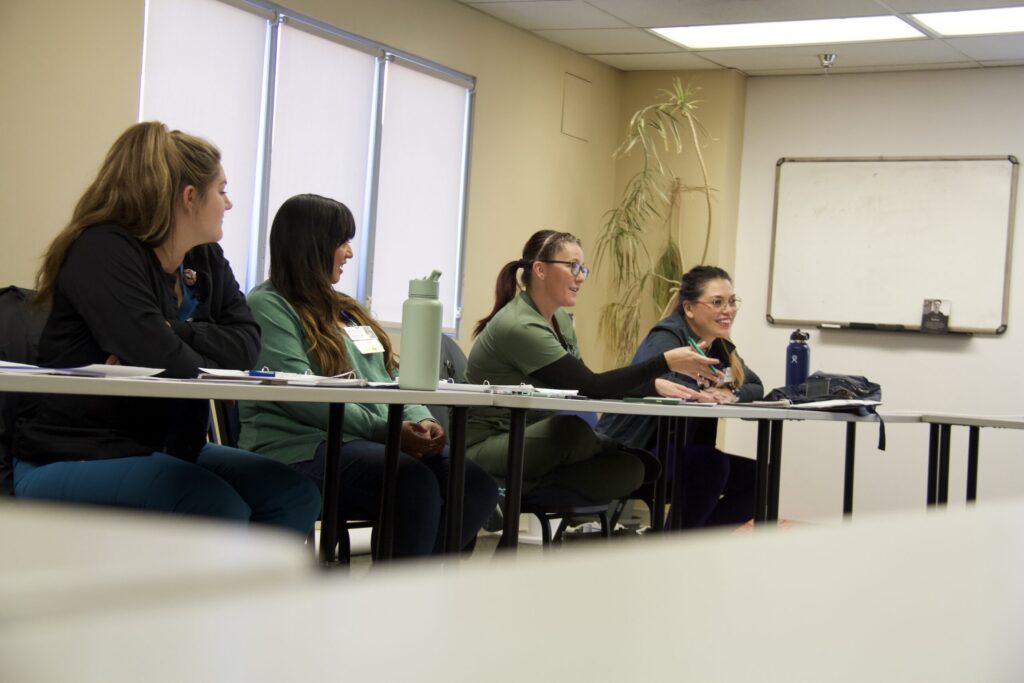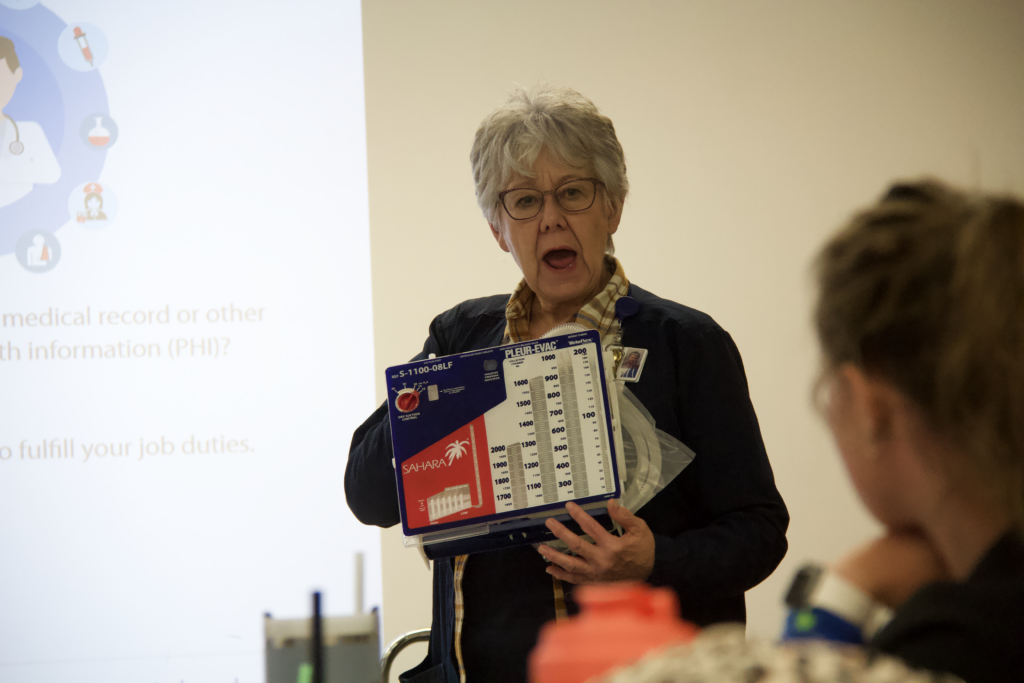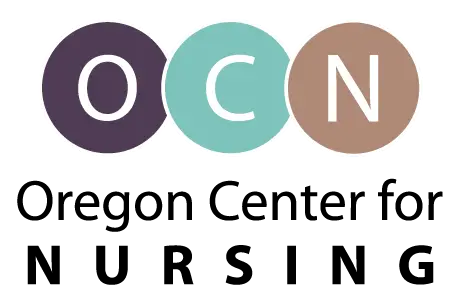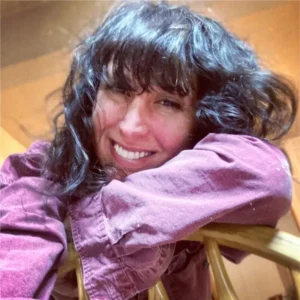
Nestled east of the Cascades Mountain Range in Southern Oregon is Oregon’s City of Sunshine. Klamath Falls, Oregon, is truly one of the nation’s most beautiful towns. It’s not just the town that is a hidden gem, so is the Nurse Residency program at Sky Lakes Medical Center.
Although nurse residency programs are not required for new nurses, they are beneficial in helping them transition from student to nurse. New nurses can pursue careers in several different care areas with skilled preceptors. Nursing residents often have weekly instruction sessions, including time for reflective journaling, discussion, team building, and classroom learning.
When people think of nurse residency programs, they often think of large systems and cities. The first formal Nurse Residency program was established in 2000 by the American Association of Colleges of Nursing (AACN) and University Health System Consortium. In an article, Nurse residencies: A new frontier, Kathy McGuinn, MSN, RN, CPHQ, Director of Special Projects at the AACN, discussed the retention rate of nurses who went through that program. The article reported, “The one-year retention rate is about 96 percent for nurses who participate in the program, compared with the national retention rate of 87 percent.”
In recent years, rural residencies have been growing in popularity to help meet the healthcare demands of rural communities. The Sterling Journal Advocate’s article New nursing residency program aims to help staff rural hospitals, clinics, shares how rural Colorado hospitals received a $2.5 million grant from the Department of Labor to help establish a residency program. Highlighting the need for programs like these in not just Colorado, but other rural western communities.
In Klamath Falls, the Sky Lakes Nurse Residency Program’s weekly session started with reflective journaling, a powerful tool to help residents improve their critical thinking, problem-solving, and decision-making skills. It helps improve not only clinical skills but also emotional and mental wellbeing. Oftentimes as caregivers, nurses do not take the time to pause and take care of themselves. Building in the habit of reflective journaling can help set new nurses up for success.
One resident, when asked to share her feelings on the reflective journaling portion of the curriculum, remarked, “As a new graduate, journaling has been highly beneficial. It is a way of reflecting on situations during my clinical experience. Transitioning from a nursing student to my new role as a nurse has been challenging and, at times, overwhelming due to the various responsibilities and unexpected situations on the hospital floor. Journaling helps me combine all the pieces and reflect on the whole picture. For example, it allows me to analyze my actions during a critical situation, my thoughts, my feelings, and what, if anything, I could have done differently. It helps me put feelings into words and share them in a safe environment during our weekly debriefs with the rest of my cohort.”

Director of Training and Development at Sky Lakes, Cindy Neubauer, shared, “Each week, the nurse residents meet to debrief on the previous week and learn new content. This year we have focused on emotional intelligence to build resiliency. Learning how to deal with difficult situations and how to handle them with grace. In addition, there is an EKG class, case study discussions, and developing clinical judgment.”
Following journaling, the residents moved on to their weekly classroom lesson. At a recent lesson about hemothorax, pneumothorax, and chest tubes, nurses gathered with their skilled instructor to learn about and interact with chest tubes. It was a delight to watch generational knowledge passed down.
“Nursing has changed a great deal over the last 30 years. But what hasn’t changed is the need for allowing students in an informal environment to learn and build relationships,” said Neubauer.
Residents received historical context around how the chest tube used to be attached to three separate glass beakers with fluid, but today, the tubes now go into a box with all compartments built in. The nurses learned about the practical dos and don’ts of chest tubes, including don’t strip, don’t clamp, and don’t cover in tape. They discussed the procedure of placing a chest tube. They finished with a video from one of Sky Lakes’ surgeons, Dr. Raul Mirande, discussing everything chest tube-related, from the science of airflow to seeing chest tube placement on an x-ray.
“In our new graduate program, we combine many different learning modalities to ensure new graduates are successful,” continued Neubauer. “This includes not only standard didactic but also actual hands-on practice with the equipment and supplies. We provide case studies, as well as time to have some hands-on learning with the equipment they will see in the clinical area.”
The best part of all this was they did it together in a supportive environment with some laughs dotted around the discussion. You could feel the camaraderie in the room as the residents interacted and learned from their instructor and one another. To sum it all up, as one nursing resident explained, the class built lasting confidence: “Before this class, I would have run if someone would say chest tube.”From my personal observation, in this two-hour session, the residents covered more ground than I would have ever imagined possible. From self-reflection and group discussion to the practical application and science behind chest tubes. It was truly an immersive learning experience. I can only imagine how much learning must come with the course of a program.
New nurses should consider pursuing a nurse residency program, and more organizations should aim to offer them. Nurse residency programs can take it a step further than simply preparing nurses for transitioning into the workforce, they can also be nurturing and help build lifelong relationships while setting up nurses for a rewarding career.

